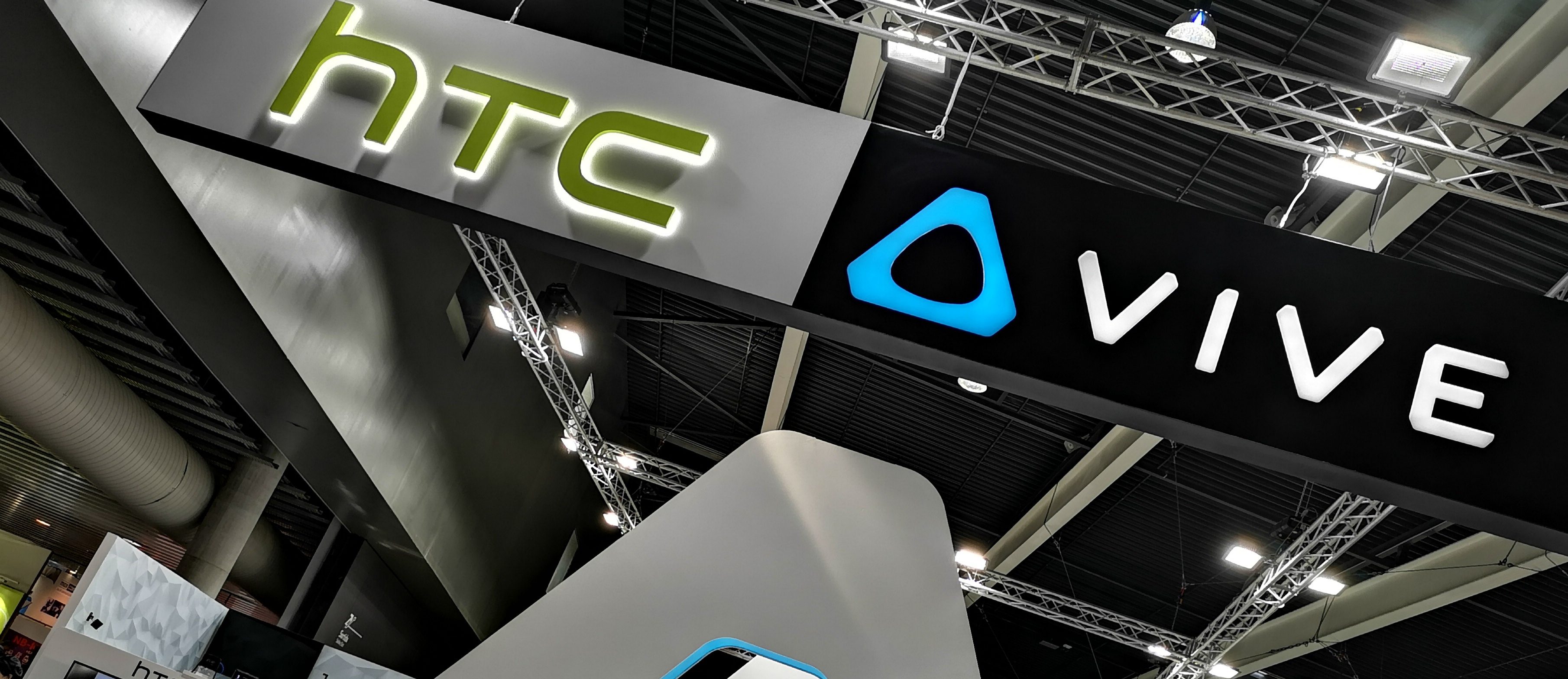It’s been a tough few years for HTC going from an 11 percent share of the global smartphone market to now just a blip in the ‘others’ category. At TechCrunch Disrupt the new HTC CEO, Yves Maitre, appeared on stage to discuss HTC and their missteps and struggles in the past eight years.
Mr Maitre was very open and honest, as you expect at an event such as TechCrunch Disrupt, opening up about their smartphone woes and how they are going to get their offerings on the right track:
HTC has stopped innovating in the hardware of the smartphone, and people like Apple, like Samsung and, most recently, Huawei, have done an incredible job investing in their hardware. We didn’t, because we have been investing in innovation on virtual reality.Yves Maitre, HTC CEO
The HTC CEO puts the entire misstep down to bad timing in that they were innovating in the right thing but at the wrong time — and now they have to play catch up with all those who have innovated the right thing at the right time. He said that HTC still has a lot of assets “in terms of innovation, team and balance sheets” and feels they are recovering from their mistakes.
He said that HTC will focus on “best in class hardware and photography”, focusing on countries “with higher GDP” and is something they hope to solve in the next few months — whether that means we will see a new HTC flagship next year is doubtful but you would hope they do something sooner rather than later. It will not be an easy road for HTC and he thinks the turn around will come when most carriers have fully rolled out their 5G networks –“2025”.
It will be interesting to see how HTC fare with this and we hope that they are successful because as consumers we need more players in the market to keep it moving forward. There is likely to be a big hole in the market while Huawei deal without any Google apps or services and could be the moment for HTC to rise from the ashes.
It will be tough for them to do given they sold a lot of their smartphone R&D team to Google a while back. Time will tell, hopefully sooner rather than later — who can wait until 2025 for that?





